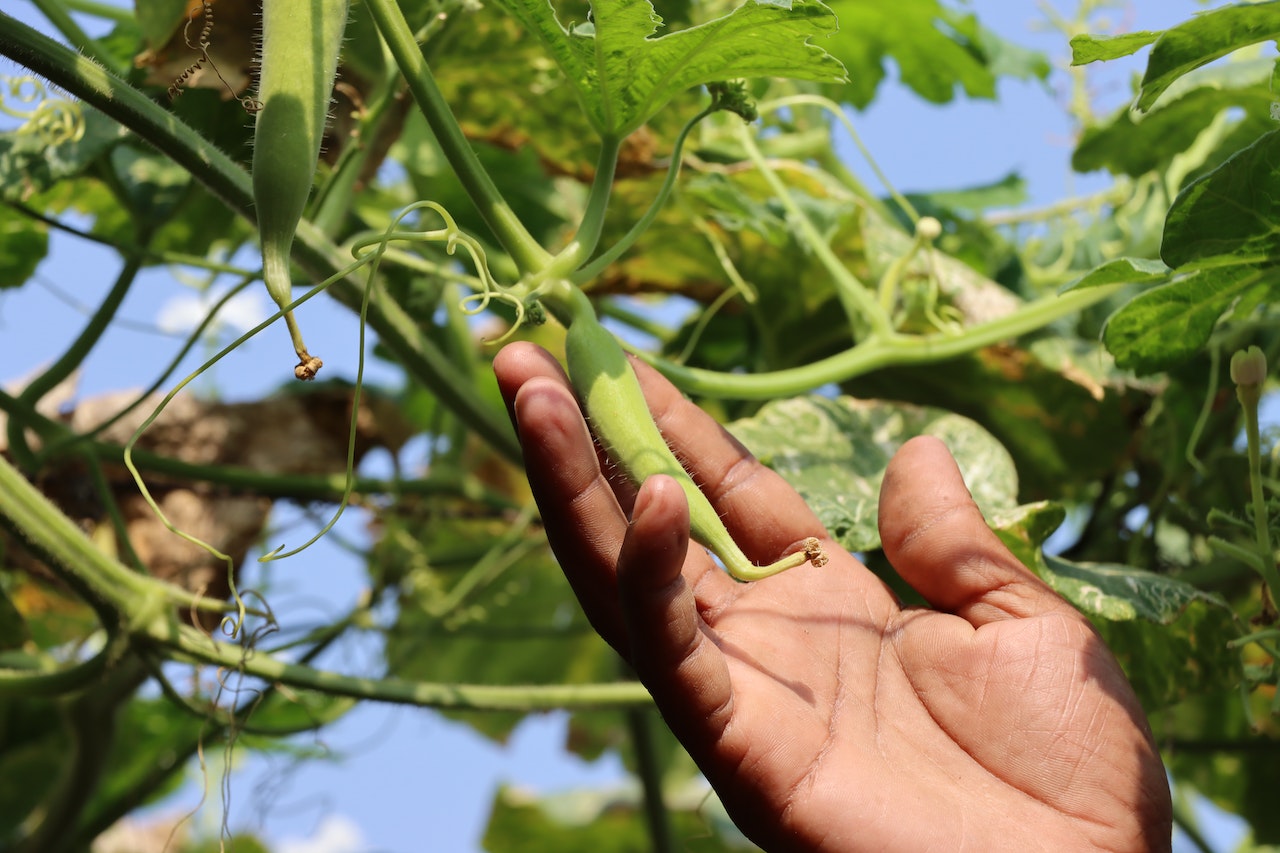
Agricultural practices, especially on such a large scale, are becoming more and more common as the world’s population continues to climb and we struggle to avoid food scarcity issues. While agricultural practices certainly bear an important role in our world, they do not come without their problems.
First and foremost, currently agricultural standards require a lot of resources to continue to operate on such a large scale. Half of the world’s habitable land is used for agriculture, and constant expansion has created pressures for biodiversity: of the 28,000 species evaluated to be threatened with extinction on the IUCN Red List, agriculture is listed as a threat for 24,000 of them. Furthermore, the agriculture sector is one of the biggest emitters of CO2, the greenhouse gas (GHG) most responsible for the changes we are seeing in our climate today. Limited availability of viable land for farming means that eventually we will run out of space. Most people would agree that this isn’t an issue that we should wait to arise before we address it.

The brilliant team at Levy UK + Ireland, a company focused around doing culinary consultations for restaurants and venues with an eco-friendly approach, has stepped up to the plate to take this issue head-on. Levy is collaborating with big names in the fresh produce and restaurant industry to create “Biohub at Ings Farm”.
Biohub is, in essence, a demonstrator farm created to educate current and future farmers and chefs on sustainable farming practices. The farm will be used to train industry professionals on the latest developments and techniques in sustainable farming, resource management, and diversification of food production systems.
By partnering with Quorn Professionals, the food service division of the meat-free brand; RegenFarmCo (CIC), a specialist regenerative agriculture consultancy; and Yorkshire Water, the second largest landowner in Yorkshire, Biohub is able to educate and participate in encouraging and facilitating a sustainable “farm-to-fork” journey.

Regenerative farming is a method that improves the resources it uses, rather than destroying or depleting them. This farming technique works by placing a heavy premium on soil health with attention also paid to water management, fertilizer use, and more. Regenerative agriculture practices increase soil biodiversity and organic matter, resulting in more resilient soils that can better withstand climate change impacts like flooding and drought. Healthy soils create strong yields and nutrient-rich crops. It also decreases erosion and runoff, leading to improved water quality on and off the farm.

Regenerative farming is a relatively new agricultural method, so there is a large importance on the ability to share this knowledge with others in the industry and educate not only professionals, but eventually the world, on how it is possible to take from the environment, while also giving something beneficial in return. Everyone at Eco Four Twenty is waiting for the day they can eat off a menu designed sustainably at Biohub!
